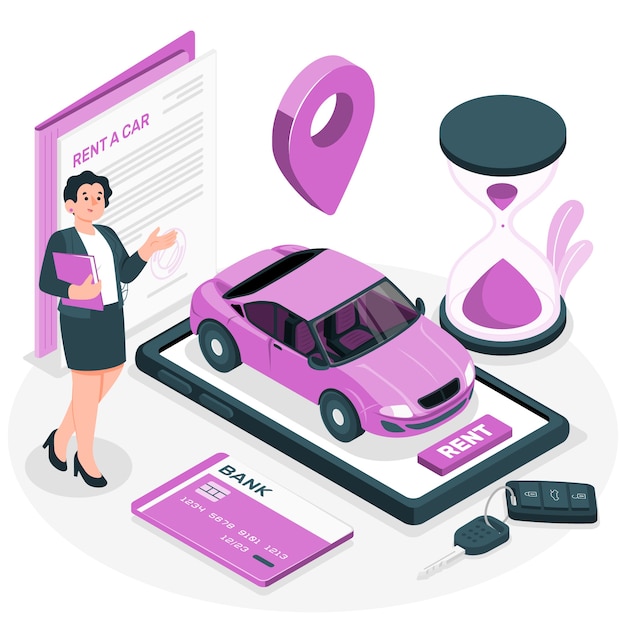
Discover your Budget: A Hands-on Manual to Determining Your Spending on a Pre-Owned Vehicle.

Let’s Talk Budgeting: How Much Should You Spend on a Used Car?
Owning a car means freedom on wheels – you get to choose when and where to go. But it’s no secret that even the cheapest cars come with a hefty price tag. Buying an inexpensive but unreliable car can lead to frequent trips to the repair shop, puncturing your wallet more than the initial cost of the car. So, how much should you actually spend on a used car? Let’s break this down!
Your income plays a significant role in determining your car budget. A good rule of thumb to remember is that you shouldn’t spend more than 35% of your yearly earnings on a used car. So, if you earn $20,000 a year, a budget of around $7,000 should be your maximum. This would allow you to buy a decent, older car that’s reliable.
But here’s another take: some believe you should aim to foot a smaller part of your income, say 10 to 15%, toward a used car. This caps your spending at a lower price but leaves more room for saving, investing, or just making life enjoyable. However, this means you’ll probably end up with an older, high-mileage car.
Whatever your stance, the goal is to strike a balance that suits your financial situation and lifestyle. Your affordability isn’t necessarily about how much you can spend but more about how much you should spend. Be wary not to overload yourself financially.
Also, take your existing debt into account. If you have hefty student loans or medical expenses, it might affect your spending power and your chances of securing an auto loan. The more debt you carry, the less likely you’ll get approved for a car loan. Work on paying down some debt first to improve your loan approval chances.
Your car budget should also account for ongoing vehicle costs like registration and taxes, insurance, maintenance and repairs, and fuel. Keep in mind that older cars may incur higher repair costs. Also, keep an eye out on fuel efficiency; gas money can quickly eat up your monthly budget.
To help you get a clearer picture of your car budget:
– Understand your monthly income after taxes.
– Take into account your monthly fixed expenses.
– Allocate a part of your income toward car expenses.
– Don’t forget to factor in your existing debt.
– Go for pre-approved car loans to figure out your monthly spending limit.
Buying a used car can be a bit overwhelming. But with a little planning, you can find a car that fits your lifestyle without straining your finances.
Get the Best Investment Platforms:
Check out Public with its commission-free trades of stocks and ETFs, and Moomoo that offers powerful screening and charting tools. Webull provides an AI-powered price forecast feature and free investing courses. All of these platforms offer a user-friendly interface for a hassle-free investment journey. They all offer free stocks as well!


